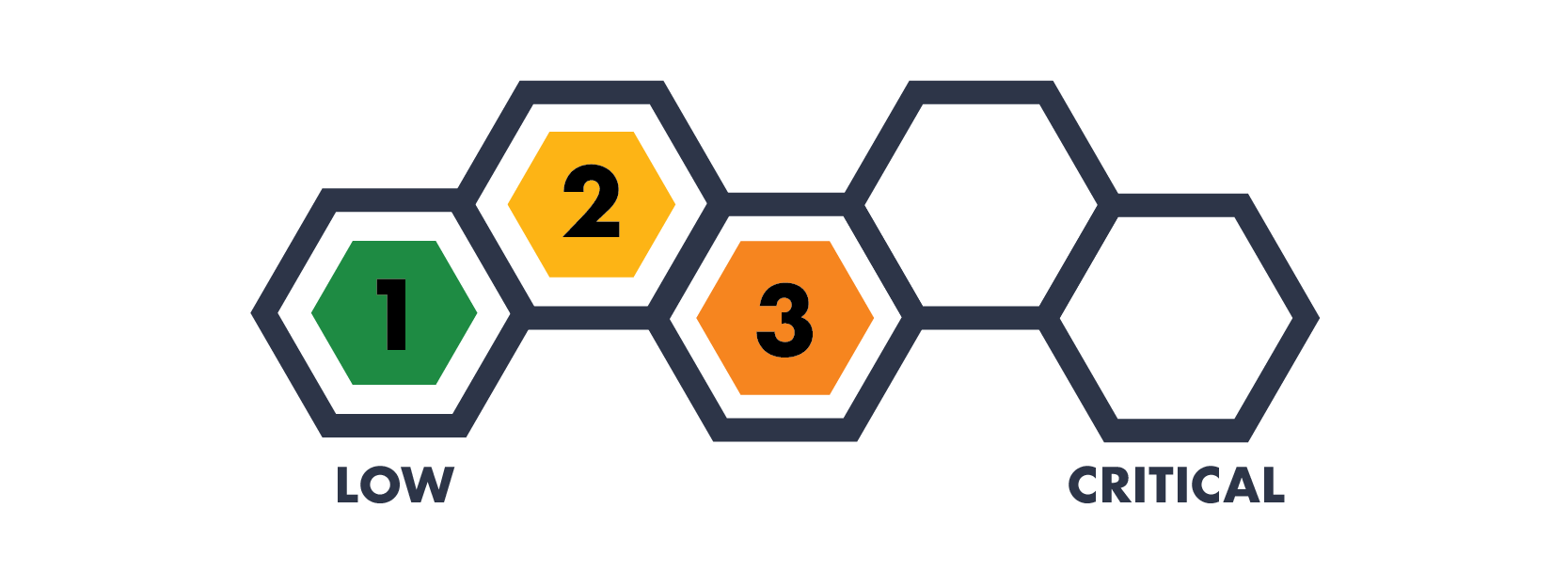Home Security Cameras Aren’t the Problem - You Are
Category
Vulnerabilities
Risk Level
There seem to always be high-profile news stories on home security cameras, usually involving cameras by the company Ring. In one story, a hacker broke into the homeowner’s camera account and started shouting at them in the middle of the night. In another story, a hacker broke into the account of a camera located in a child’s bedroom. The hacker started shouting at the child, telling her things like “You can mess up your room” and “You can break your TV”.
“I’m putting all of my cameras in the trash then!”
Both of these stories are massive invasions of privacy and would leave anyone with feelings of uncertainty about how to protect themselves, their homes, and their children. You may ask if you should even have an internet connected security camera in your home in the first place. Everything has its risks, especially with technology, and your needs may outweigh them. Maybe you have “porch pirates” in your neighborhood you need to watch out for, or you need to keep an eye on a new puppy or an elderly relative. While we’re not going to tell you what’s the best approach for internet connected cameras, both of these incidents in particular had one thing in common: passwords.
“You’re bringing up passwords again?”
You bet we are. And we’ll keep bringing it up until you fix it! You hear it all the time from us and everywhere else - you need a long, complex, unique password for every website, device, and account you own. We’ve talked about how to keep track of all those passwords, and how to make them stronger with multi-factor authentication but why do we keep saying this over and over?
Imagine if someone stole your password from Facebook, and then used that to log into your email, bank account, and healthcare provider. Sure you may have created a different password on each site, but you weren’t using a password manager that helped you make those long, complex, and unique passwords. Because of that, a hacker may be able to figure out your methodology, especially when your Facebook password was “dogloverFacebook”, your bank account password is probably “dogloverCapitalOne” and now your account is empty.
“So what happened with Ring?”
Reports right now are pointing to reused passwords. Most likely, the homeowners reused a password from elsewhere for their Ring account. If the reused password had been stolen in another cyber attack, the hackers would have tried that same password on the Ring website. Since the password had been reused, they were able to log in and cause the disturbing situations you saw in the videos above.
“How do I stop this from happening to me?”
Step 1: Get a password manager
Step 2: Enable multi-factor authentication
And if you’re part of an organization who wants to protect your people from password reuse cyber attacks, let’s talk about Cybersecurity Policy & Controls and how Hive Systems can help you turn your organization’s password nightmare into a password management dream. Ready to talk? Click the button below to start the conversation.




